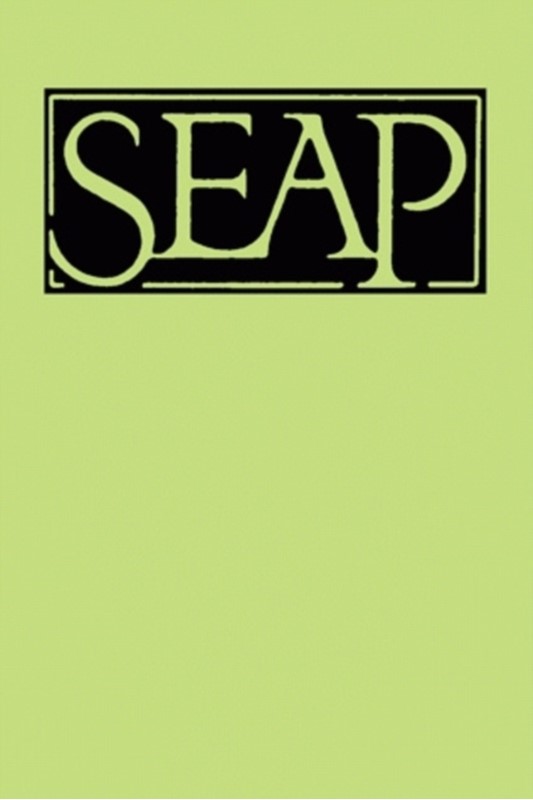Dynamic Form - Cara L. Lewis - Bog - Cornell University Press - Plusbog.dk
Dynamic Form traces how intermedial experiments shape modernist texts from 1900 to 1950. Considering literature alongside painting, sculpture, photography, and film, Cara Lewis examines how these arts inflect narrative movement, contribute to plot events, and configure poetry and memoir. As forms and formal theories cross from one artistic realm to another and back again, modernism shows its obsession with form—and even at times becomes a formalism itself—but as Lewis writes, that form is far more dynamic than we have given it credit for. Form fulfills such various functions that we cannot characterize it as a mere container for content or matter, nor can we consign it to ignominy opposite historicism or political commitment. As a structure or scheme that enables action, form in modernism can be plastic, protean, or even fragile, and works by Henry James, Virginia Woolf, Mina Loy, Evelyn Waugh, and Gertrude Stein demonstrate the range of form''s operations. Revising three major formal paradigms—spatial form, pure form, and formlessness—and recasting the history of modernist form, this book proposes an understanding of form as a verbal category, as a kind of doing. Dynamic Form thus opens new possibilities for conversation between modernist studies and formalist studies and simultaneously promotes a capacious rethinking of the convergence between literary modernism and creative work in other media.

















































